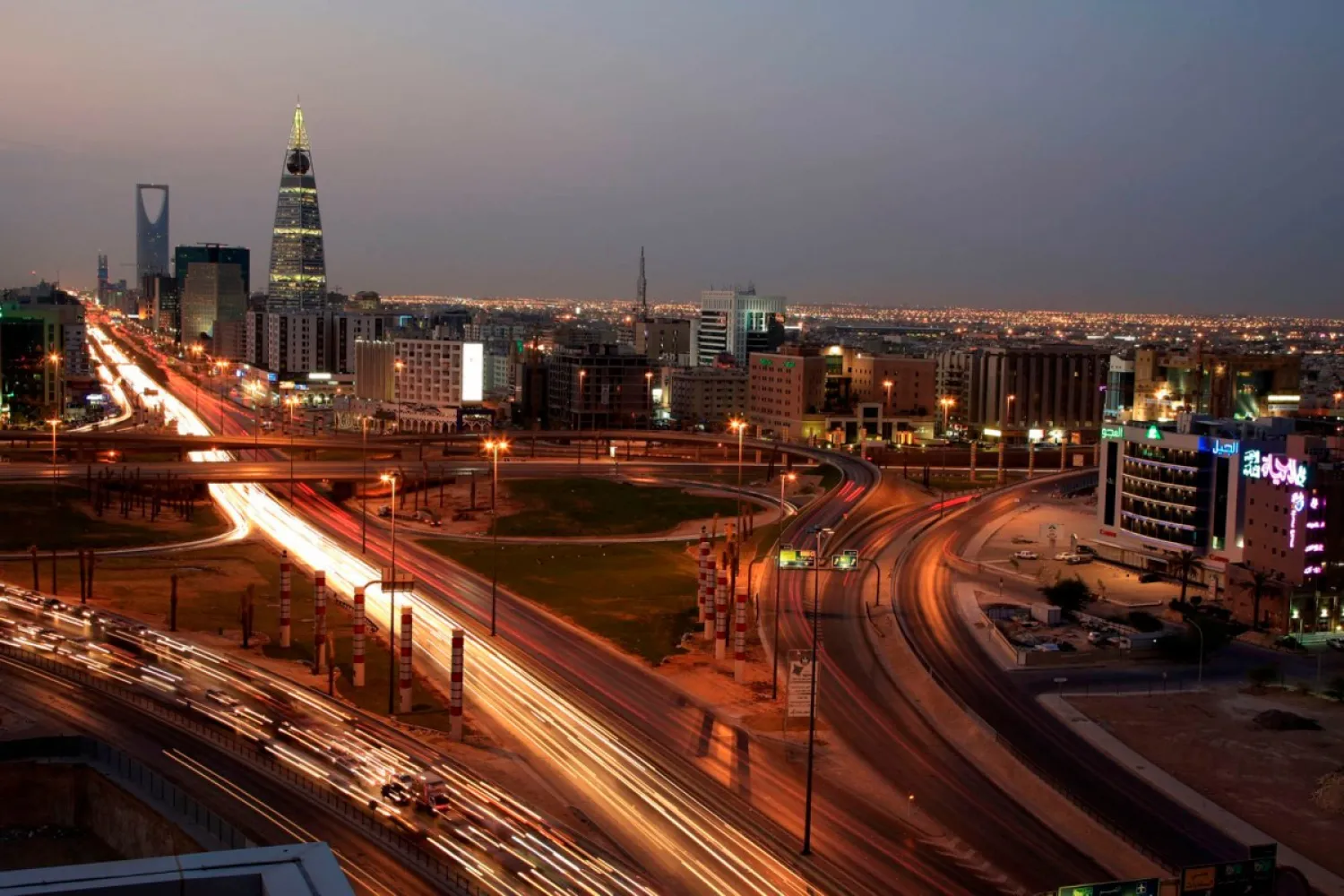The Capital Markets Authority (CMA) of Saudi Arabia has introduced measures to facilitate the entry of foreign issuers to the Saudi stock market and encourage investment in NOMU, the Kingdom’s secondary market.
Saudi Arabia has introduced a raft of reforms to attract overseas share buyers and issuers as part of efforts to lure foreign capital and diversify the economy. The Saudi main stock exchange, Tadawul, opened to foreign investors in 2015.
The CMA Board of Directors adopted the rules of offering securities and amended continuous commitments in its endeavors to develop the financial market and raise its attractiveness to investors of all categories.
Amendments to the Securities Offering Rules approved by the CMA board allow foreign companies to list their shares in the local market – a move aimed at deepening the financial market, enhancing its role in the formation of capital, raising its attractiveness and providing for more investment opportunities for the general public.
In this regard, all categories of resident and non-resident foreign investors will be allowed to invest directly in the shares of the foreign issuer listed in the main market.
The amendments also aimed at increasing the attractiveness of the parallel market (NOMU) - a market with lighter listing rules for smaller firms - and attracting new categories of investors through introducing modifications to the mechanism of application for listing in the financial market, the membership of the boards of directors of listed companies, the mechanism of the announcement of financial statements and the appointment of members of the Audit Committee.
The move will “create greater opportunities for diversification of investment for investors,” Mohammed bin Abdullah Elkuwaiz, Chairman of the Capital Market Authority, said in a statement.
He pointed out that the most prominent amendments are centered on encouraging the entry of foreign buyers and issuers to the main market and increasing the attractiveness of the domestic market and strengthen its role in the formation of capital.









